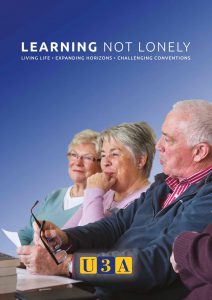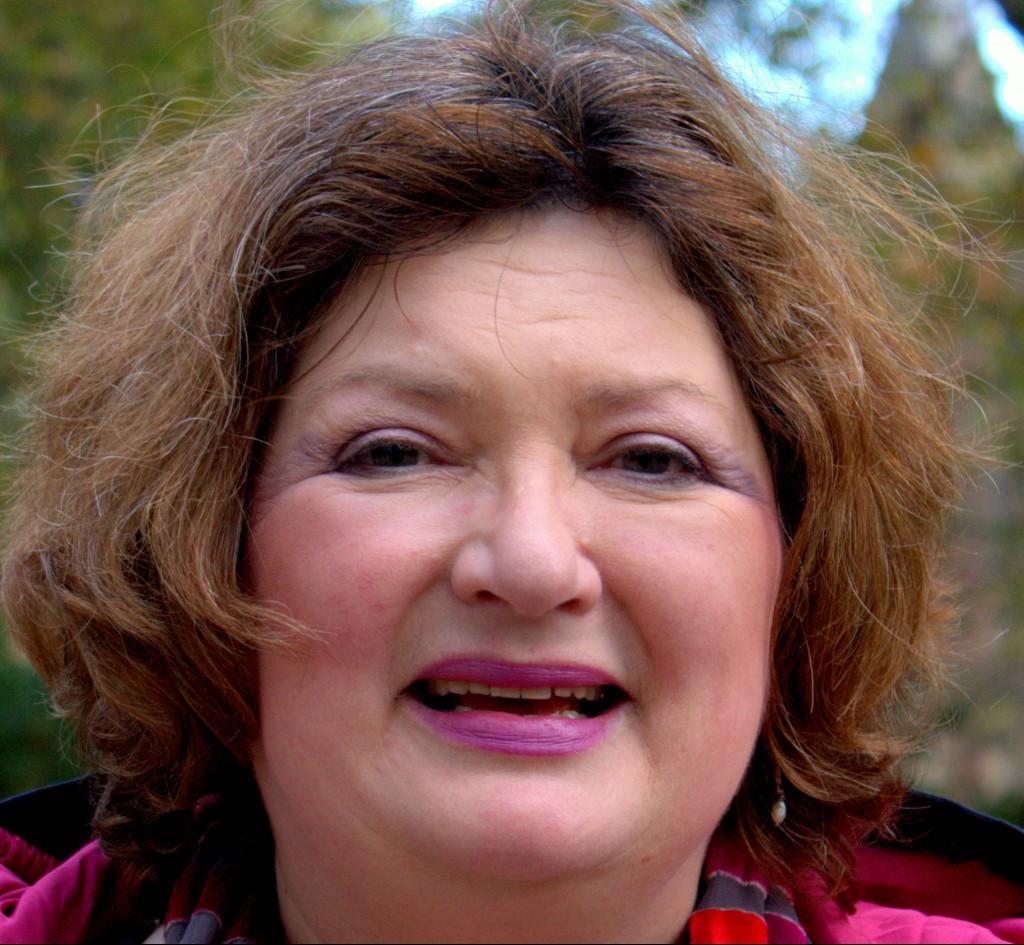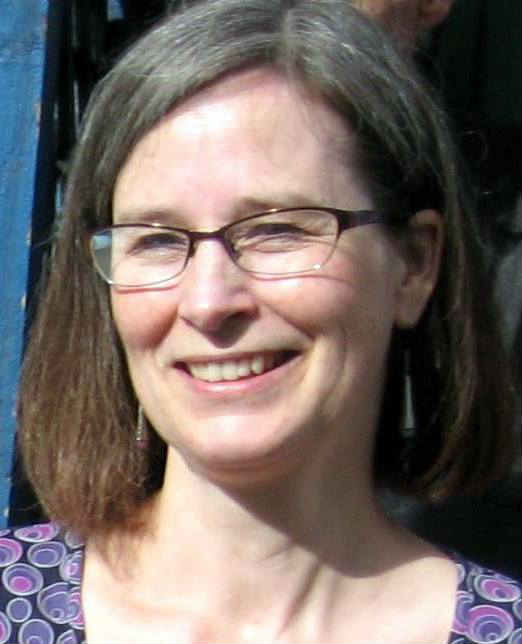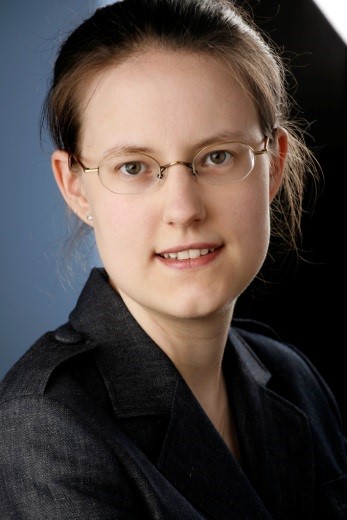 John Woolham is Senior Research Fellow at the Social Care Workforce Research Unit in the Policy Institute at King’s. He recently returned from a trip to Helsinki where he discussed the English experience of implementing personal budgets. (1,141 words)
John Woolham is Senior Research Fellow at the Social Care Workforce Research Unit in the Policy Institute at King’s. He recently returned from a trip to Helsinki where he discussed the English experience of implementing personal budgets. (1,141 words)
On 31 May of this year, the Social Care Workforce Research Unit at King’s was asked to organise a seminar on the topic of Personal Budgets and Direct Payments for a group of social care practitioners, project managers, academics and civil servants from Finland. They were over here on a ‘fact-finding’ mission. The Finnish Government is proposing to introduce a form of Personal Budgets and Direct Payments in their social care and welfare services, and the group were here to find out what they could about how they had been, and were being, implemented in England. This was a very rapid tour round the landscape. In two hours, Professor Jill Manthorpe, Dr Martin Stevens, Dr Nicole Steils and I told them about the impact of personalisation, personal budgets and direct payments on social care providers, unpaid carers and older people as well as a rapid overview of the research evidence and key issues. Surviving half-baked but well-meaning attempts by me to add Finnish subtitles to my own slides using ‘Google translate’—just don’t, OK?—we even managed to squeeze in a short discussion with questions and answers. Amazingly, after such an intense burst of information sharing, we got some extremely interesting and thoughtful questions. Although Finland was, and remains, at an early stage in the process of transforming part of its welfare services, it was clear that a great deal of thinking was being devoted to how to do this smoothly, and without the ideological rigidity that has characterised some debates around the topic in this country. Continue reading →
 John Woolham is Senior Research Fellow at the Social Care Workforce Research Unit. (560 words)
John Woolham is Senior Research Fellow at the Social Care Workforce Research Unit. (560 words)


 Jo Moriarty
Jo Moriarty Katharine Orellana
Katharine Orellana Nicole Steils
Nicole Steils